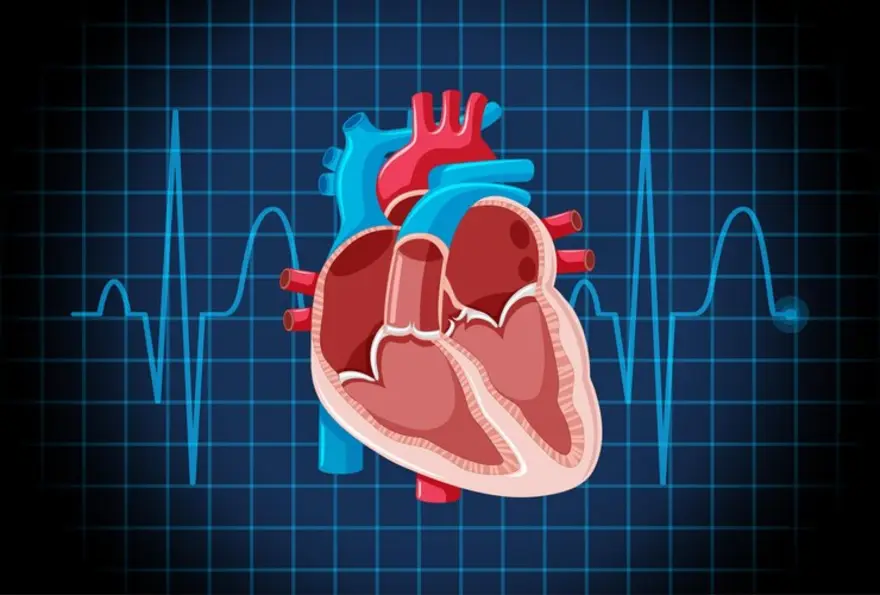binge eating disorder treatment
Why Do People Binge Eat? Your Questions on Binge Eating Answered
Do you often find yourself uncontrolled during eating, and end up consuming more food than you need? If you feel sad or had a dismal day, does food become your resort to feel better? And, later you regret eating what you ate? This could be pointing to binge eating disorder! Binge eating is when you eat too much food too quickly and find yourself uncontrollable about what or how much you are eating. Occasional binge does not count as binge eating disorder. However, if you binge eat regularly at least once a week for 3 months, you could have binge eating disorder. Binge eating disorder is quite commonly seen in teens and young adults. This can not only lead to weight gain but also invite a plethora of health troubles. Keep checking your health parameters on a timely basis. Book a comprehensive health package here and get a home sample collection. Here we answer some of the most commonly asked questions that people ask about binge eating: Is binge eating disorder any different than overeating? Yes, it is.It is okay to overeat on occasions, such as festivals, holidays, etc., but frequent and compulsive overeating may be a sign of binge eating disorder. Binge eating has an emotional component to it as well, which overeating does not have. If you constantly find yourself consuming huge amounts of food, and these overeating episodes make you ashamed, regret, experience guilt or sadness, this is more likely to be a binge eating disorder. What could be causing me to binge eat? Though there can be a range of reasons for binge eating, one of the most common causes for binge eating is an effort to feed your feelings (and not your hunger). You see “food” as a way to manage unpleasant emotions such as anxiety, stress, loneliness, depression, and insecurity. You feel food is your only friend on a bad day. While binging on food can temporarily make negative feelings such as stress and boredom evaporate, most people don’t realize that the relief is quite fleeting. You end up doing more harm to your body and mind! How do I know if I binge eat? Paying attention to the behavioral and emotional signals is more important than the habit of overeating to identify if you could have a binge eating disorder. Look for answers to the following questions. Do you eat unusually large amounts of food over a certain period of time like over a two-hour period? Do you eat even when you are not actually hungry? Do you feel out of control when you are eating? Do you eat in secret? And hide it from family and friends? Does that overeating episode usually follow worries, stress, or to comfort yourself? Do you feel guilty or ashamed after eating? If your answers have more “yes”, speak to an expert and find if that frequent overeating is more than just overeating. Who is most likely to binge eat? Though it can happen to anyone at any age group, binge eating disorder is more common in younger and middle-aged people. People with type 1 and type 2 diabetes are also at a higher risk of binging on food. Other risk factors for binge eating disorder include: Family history: The inherited genes can cause you to develop an eating disorder. If your parents or siblings have (or had) an eating disorder, you are also likely to develop one. Restrictive dieting: Many people with binge-eating disorder are found with a history of dieting. Dieting needs to be done with the right mindset and a controlled approach. If someone with a low willingness or high stress levels is attempting too restrictive a diet, it is likely to trigger an urge to binge eat later. This is very common during depression. Psychological concerns: Stress, poor body self-image and the easy availability of preferred binge foods are some of the common triggers of binge eating. People who feel negatively about themselves and their skills and accomplishments are more likely to fall prey to binge eating disorder. Is it possible to have binge eating disorder and be healthy? Can it cause any health problems? Consider binge eating disorder as a “disorder”. It is something that warrants a corrective action. More than half of people with binge eating disorder report it causes them problems in social functioning and interferes with their routine activities. Binge eating disorder may lead to problems related to the digestive system, weight gain, and obesity. Obesity can increase your risk of various health problems, including type 2 diabetes, heart disease, deranged cholesterol levels, and certain types of cancer. People with binge eating disorder can also have sleep disorders, and mental health concerns such as depression, anxiety, or suicidal thoughts. Bottom line It is almost similar to an addiction, more so a food addiction. But what is important to understand is that you cannot abstain from food. Unlike other substances, it is important to live and sustain! But, you are stronger than any negative feeling. It can be challenging, but not impossible. Seek your trigger, develop a healthier relationship with food where you eat to meet your nutritional needs, and not to feed your emotional ones. Visit Metropolis for your lab test related requirements.
 Home Visit
Home Visit Upload
Upload















 WhatsApp
WhatsApp